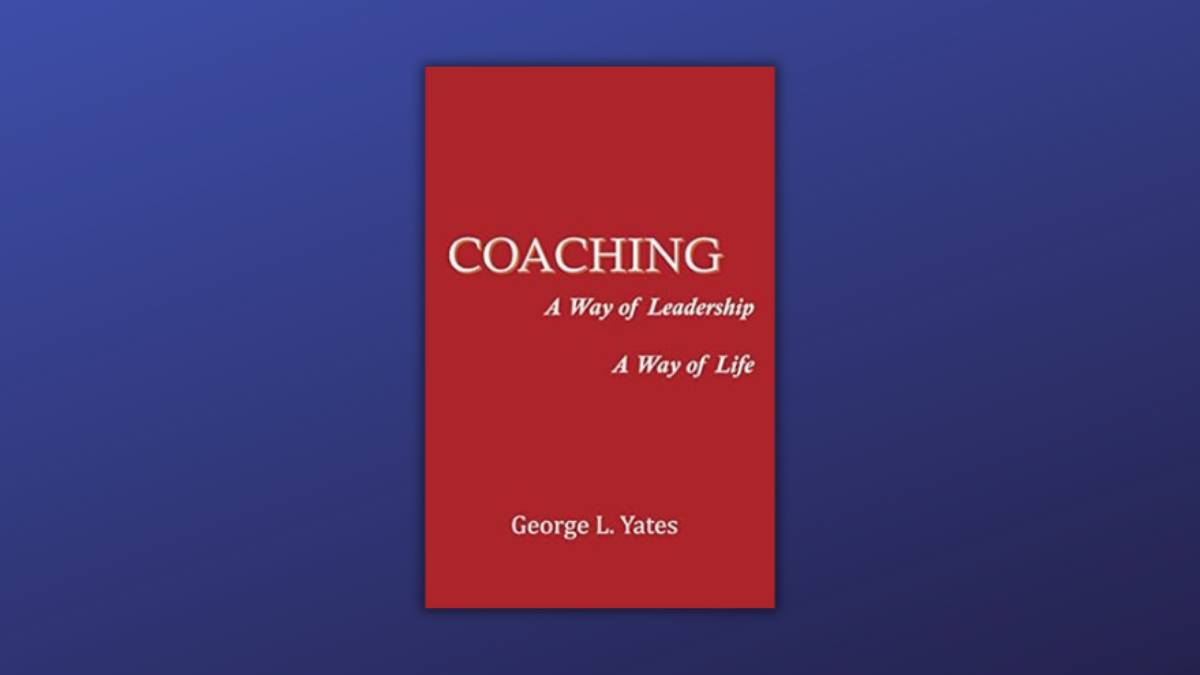George L. Yates, Coaching: A Way of Leadership (Middletown, DE: Sonlight Publishing, 2017), 111 pp.
Skillful leadership in an organization — whether a church, an academic institution or a business — often makes the difference between success and failure. George Yates brings his extensive ministry coaching experience to bear on how to lead well.
Yates is the founder of SonC.A.R.E. Ministries, and he serves as a church health specialist. He has written a basic primer about developing leadership in organizations through healthy communication skills. “Coaching: A Way of Leadership” gives practical insights for pastors, leaders and others in a concise and readable format.
He emphasizes the skill of careful listening and the clues of body language in helping to discern the best fit for people in various organizational roles.
“The words spoken and the eye contact, facial expressions and body language of a person speaking are not always conveying the same message” (p. 16).
Careful discernment
Yates encourages leaders to perceive more deeply than just analyzing spoken conversations to really understand others they are trying to lead or hire. He gives numerous examples to show how we need to carefully discern all the information we can receive as we talk with others. He has a chapter on reading body language (chapter five). He is careful to note that we shouldn’t assume we interpret others correctly based on one or two indicators, but rather carefully weigh the “clusters” of several signals.
“I have found that relying on one body language indicator will often lead to a misreading of the emotion or attitude behind the communication” (p. 62).
Yates includes several chapters on how to ask good questions that reveal helpful insights. He shows ways to draw clearer and deeper information out of conversations with others.
Overall, I found this book to be beneficial. One could question whether too much focus on nonverbal signals, such as facial expressions and body language, could distract from a warm and genuine conversation with another person, but Yates helps the reader consider a broader array of factors in communication. Pastors and other leaders will find this book a helpful introduction to better coaching skills.






Share with others: